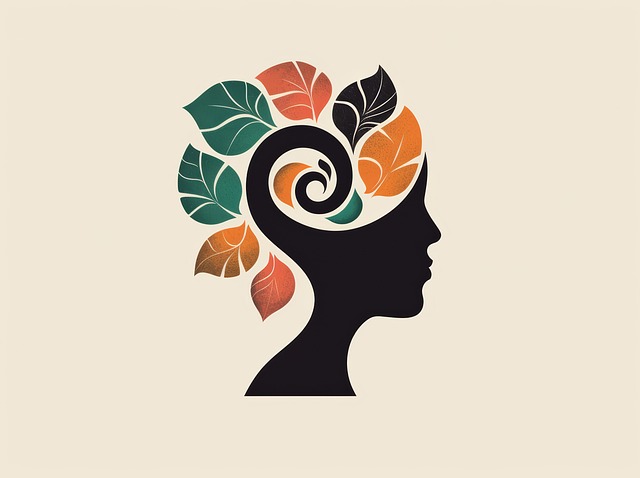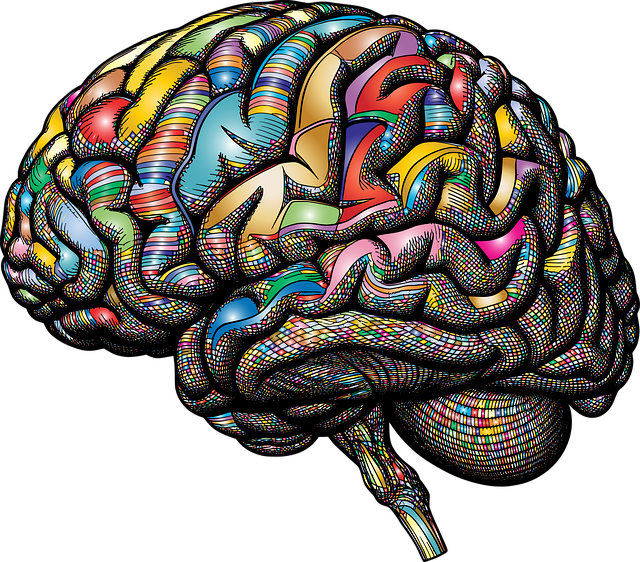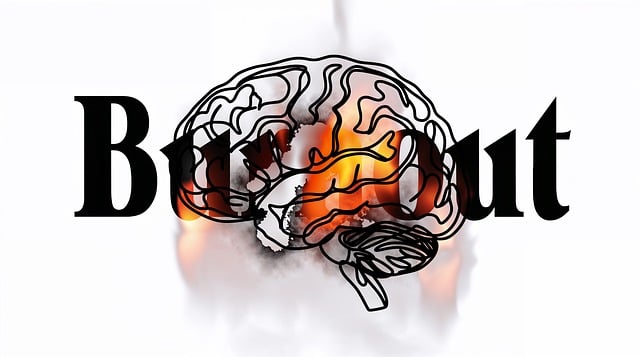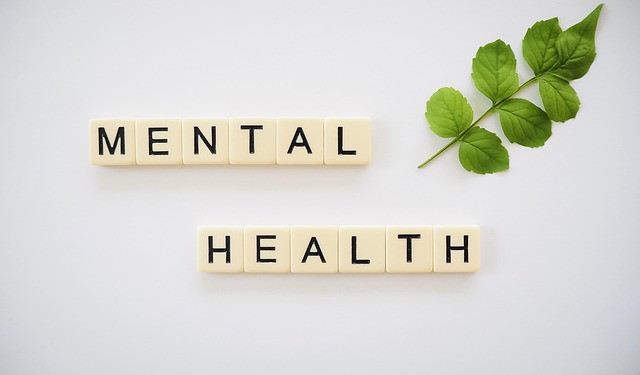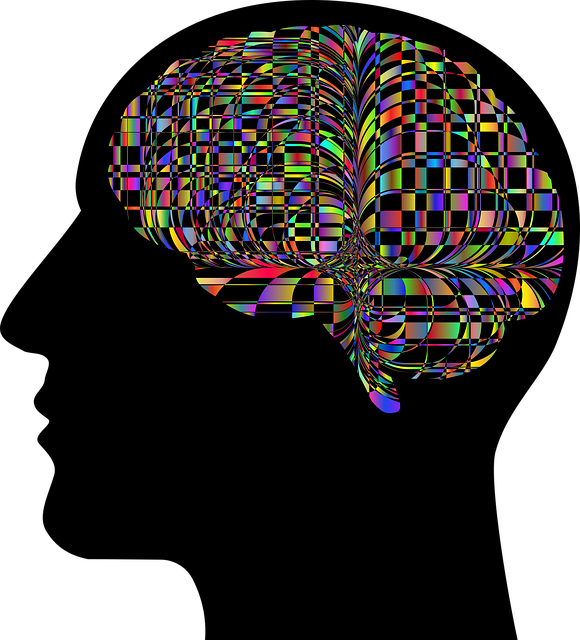Mental wellness journaling is a powerful tool, akin to services provided by Lone Tree Child Abuse Therapy, offering safe spaces for self-reflection and personal growth. By documenting experiences, individuals gain insights into their emotions, patterns, and triggers, tracking mental health journeys over time. This practice reduces stigma, aids in crisis intervention, and empowers people through strategies like those offered by Lone Tree's coaching programs. Encouraging open communication at home, through journaling, mirrors the advocacy seen in Lone Tree's therapy policies. Creative art forms enhance emotional expression, especially beneficial for processing trauma and promoting self-reflection. Regular journaling allows individuals to identify achievements, set goals, and contribute to policy development through personal narratives, fostering a culture of mental health awareness.
“Unwind your mind and explore the powerful practice of mental wellness journaling with guidance from Lone Tree Child Abuse Therapy. This comprehensive guide delves into the therapeutic benefits of self-reflection through writing and creative expression. From understanding its impact to practical tips for fostering a supportive home environment, we navigate the process. Discover how journaling can aid children and teens in therapy while also serving as a tool for personal growth and progress tracking. Embrace the transformation that awaits within these pages.”
- Understanding Mental Wellness Journaling: A Safe Space for Self-Reflection
- Benefits of Journaling for Children and Teens in Therapy
- Creating a Supportive Environment: Tips for Encouraging Journaling at Home
- Incorporating Creative Expression: Arts, Writing, and Beyond
- Tracking Progress: Analyzing Journal Entries for Personal Growth
Understanding Mental Wellness Journaling: A Safe Space for Self-Reflection

Mental wellness journaling offers a powerful tool for self-reflection and personal growth, creating a safe space to explore one’s thoughts and emotions. It is an act of self-care where individuals can openly record their mental health experiences, much like Lone Tree Child Abuse Therapy provides a sanctuary for healing. This practice allows people to gain insights into their feelings, patterns, and triggers, fostering a deeper understanding of themselves.
By documenting daily experiences, challenges, and achievements, one can track their mental wellness journey over time. It helps in identifying sources of stress, anxiety, or depression and serves as a valuable resource for crisis intervention guidance. Moreover, it aids in breaking down the barriers associated with mental illness stigma reduction efforts, encouraging individuals to embrace their vulnerability without judgment. Mental wellness coaching programs development often leverages this practice to empower individuals on their path to recovery, utilizing techniques like those found in effective Crisis Intervention Guidance.
Benefits of Journaling for Children and Teens in Therapy

Journaling is an incredibly powerful tool for children and teens undergoing therapy, offering a safe space to express their thoughts and emotions. It’s a simple yet effective method that Lone Tree Child Abuse Therapy has found beneficial in fostering emotional well-being promotion techniques. By putting pen to paper, young individuals can explore their feelings, process traumatic experiences, and gain insights into their behaviors, all of which contribute to building inner strength development.
This practice allows them to communicate their innermost thoughts without fear of judgment, helping to reduce anxiety and promote self-awareness. Through journaling exercises tailored to their age group, children and teens can learn coping mechanisms for stress and anger management, enhance their problem-solving skills, and develop a healthier mindset. It’s an engaging way to support their therapy process, encouraging open communication and offering a means of tracking progress over time.
Creating a Supportive Environment: Tips for Encouraging Journaling at Home

Creating a supportive environment at home can greatly encourage and facilitate mental wellness journaling exercises. Designate a quiet, comfortable space where your journal and writing utensils are easily accessible. This could be a corner of your bedroom or a small desk in a peaceful area of your home. Ensure this space is free from distractions like television or excessive noise, allowing for a calming atmosphere that fosters reflection and introspection. Incorporate elements that promote relaxation, such as soft lighting, soothing scents, or even a few houseplants, to create a sanctuary where journaling becomes an enjoyable practice.
Involving the whole family in promoting emotional healing processes can also contribute to a supportive environment. Encourage open conversations about mental health, normalizing the act of expressing emotions and sharing thoughts. This could be as simple as having a designated “journaling time” where everyone shares a few sentences about their day or any challenges they’re facing. Such practices not only help in developing strong social skills training but also contribute to a household culture that values emotional expression, mirroring the importance of mental health policy analysis and advocacy within the home.
Incorporating Creative Expression: Arts, Writing, and Beyond

Incorporating creative expression through various art forms can significantly enhance mental wellness journaling exercises. For individuals seeking support, such as those availing of Lone Tree Child Abuse Therapy, engaging in activities like drawing, painting, or sculpting allows for a unique form of communication that bypasses language barriers. This non-verbal method of self-expression is particularly beneficial for processing complex emotions and traumatic experiences, often associated with needing Trauma Support Services. By externalizing their feelings, individuals can gain clarity and insight into their mental health journey.
Writing, another powerful tool recommended by Mind Over Matter Principles advocates, enables people to explore their thoughts and sentiments in a structured manner. From free-writing prompts to poetic verses or even fictional narratives inspired by real-life experiences, this form of creative expression encourages self-reflection and personal growth. Moreover, conflict resolution techniques can be implicitly applied through storytelling, where characters navigate challenges and reach resolutions, mirroring the process of managing internal conflicts and promoting resilience.
Tracking Progress: Analyzing Journal Entries for Personal Growth

Journaling is a powerful tool for self-reflection and personal growth, especially when it comes to mental wellness. As you consistently record your thoughts and experiences, you can begin to identify patterns and track your progress over time. This process of analyzing your journal entries allows you to recognize achievements, set new goals, and gain valuable insights into your emotional well-being. By reviewing past entries, you might notice a decline in anxiety levels or improved coping mechanisms after participating in stress management workshops organized by Lone Tree Child Abuse Therapy.
The practice encourages individuals to reflect on their journey towards mental health recovery and advocacy. This self-analysis can be instrumental in policy development, such as Mental Health Policy Analysis and Advocacy, where understanding personal narratives is crucial for creating effective strategies. By documenting your experiences, you contribute to a broader understanding of stress reduction methods that work best for you and potentially benefit others facing similar challenges.
Mental wellness journaling offers a powerful tool for self-reflection and personal growth, especially in therapeutic settings. As discussed in this article, integrating creative expression through writing, arts, and other forms can benefit children and teens in therapy, helping them process emotions and track progress. Lone Tree Child Abuse Therapy highlights the importance of creating a supportive environment at home to encourage journaling, fostering open communication and self-care practices from an early age. By implementing these strategies, parents and caregivers can empower their children to navigate mental wellness journeys with increased resilience and self-awareness.
